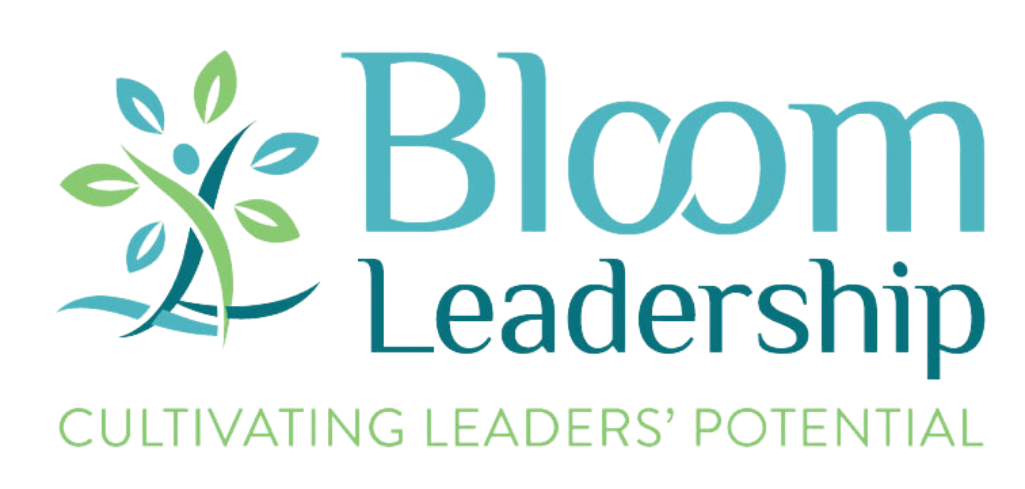Six Qualities to Look for in a Coach
Sometimes people need help to direct their life toward where they want it to go. Enlisting the services of a coach, mentor, advisor, or navigator-- call it what you will-- can help you define your goals and create a roadmap to get there. So how can you find the right coach to become your real life GPS?
Regardless of if you’re seeking someone to help with your career, life, fitness or anything in between, good coaches share similar qualities, no matter their area of expertise. Here are six traits you should look for when hiring a coach.
Feels Focused
You know going into a meeting with a coach that it is unlikely that you’re their only client. However, during your scheduled time together, you should feel as though you are. Look for a coach who feels focused on your needs during meetings. They aren’t distracted by phone calls, mixing you up with other clients or re-scheduling every other session they have with you. During your time together, you are in the spotlight.
That’s not to say that you should be angry or frustrated if you can’t reach them outside of your scheduled time or if responses only come within set “work hours.” On the contrary, this shows that your coach gives the same care and attention to their other clients, as well as themselves, by setting reasonable expectations.
Active Listening Skills
A good coach will do far more listening than speaking. Look for the signs of active listening:
Maintained eye contact - their focus is on what you are saying unless they are taking notes.
Asking for clarification - they ask you to expand upon things you say to better understand where you’re coming from.
Paraphrasing - they repeat your words back to you to ensure they understand what you’re trying to convey.
Asking probing questions - they may ask questions based on what you’ve said to dive deeper into the meaning behind it.
Active listeners listen to understand rather than to respond. Only when they are sure that you have said everything you need to say, and that they comprehend your meaning, will they speak their piece.
Empathy
Empathy is ingrained in active listening. You should feel as though your coach cares about what you’re saying, being able to detect your feelings on a situation and respond accordingly (even if that response is just to listen). Empathy and a high level of emotional intelligence will allow your coach to put themselves in your shoes to better understand your motivations, fears, and actions.
To evaluate empathy, ask yourself these questions: does your coach understand your goals and motivations? Do they understand your gaps and barriers? Do they know when to push you forward and when to take a step back? Do you feel comfortable and understood during your conversations? Knowing that your coach can empathize is critical for a healthy rapport.
Makes Outcome-Based Decisions
A great coach looks back before looking ahead, especially when it comes to goal-setting. They’ll evaluate what obstacles have prevented you from achieving your goals in the past and take those into consideration. If you struggle to take the steps necessary to reach a new goal, they’ll look at how they can change the course to make it more attainable in the future. They look not only at what’s next, but what led you to this point.
Making decisions and setting goals based on outcomes rather than just desires is what prevents you from falling into a vicious cycle and sets you up for success. While it might seem counterintuitive to look at the past, it can help you move forward.
Consistent
Look for a coach who is consistent-- in their approach, their communications, and presentation. Consistency is one of the key qualities needed for success. A consistent approach from a coach will help you remain consistent in your goal seeking efforts. It initiates a routine that builds strong habits. It helps you know what to expect and identifies when to expect the unexpected. Finally, consistency builds a foundation to fall back on when you are forced to step outside of your comfort zone and try something new-- and trust me, that’s going to happen.
Knowledgeable
Above all else, find someone who knows what they’re talking about, especially since there are no regulations surrounding who calls themselves a coach. Ask about their education, background, and experience. Ask for referrals and testimonials if it helps. How does their knowledge pertain to your needs?
As with an expert in any area, look for a coach who never stops learning. If your coach feels like they’re the smartest person in the room, it’s time to find a new room. The world is ever-changing, and the fountain of knowledge is always flowing. If you find a coach who is passionate and dedicated to becoming the best they can be, guaranteed they will help you become your best self.
Meredith Wailes is the president of Bloom Leadership.
Her goal is to eliminate suffering in the workforce by creating exceptional value and growth for business and entrepreneurs.
For more information on how we achieve this please check out Bloom Leadership.
More of the Latest Insights





